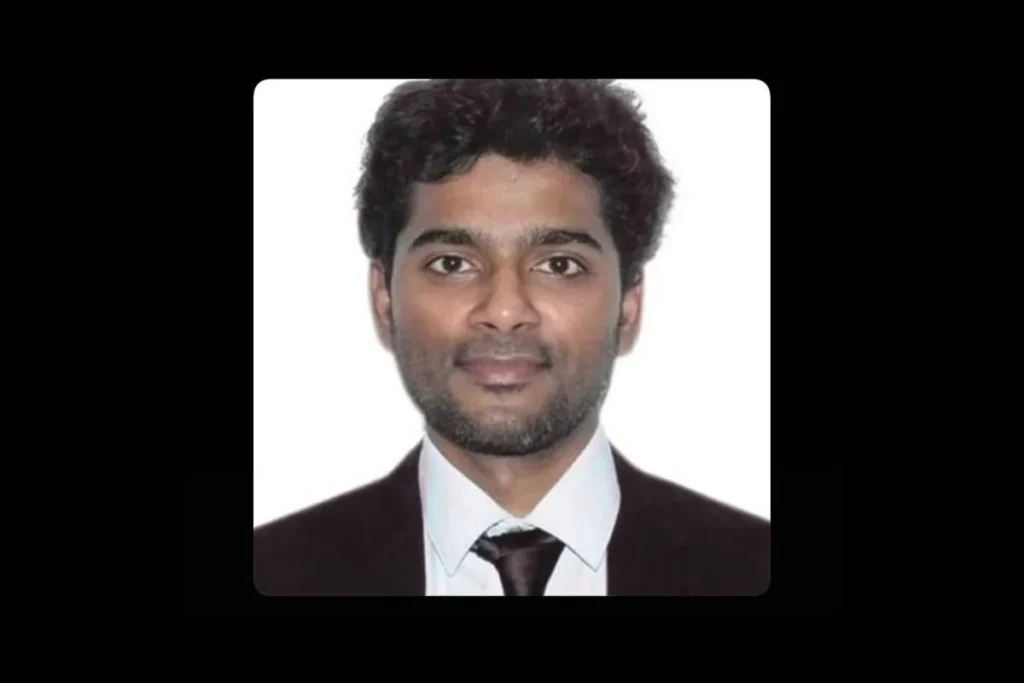A 39-year-old cardiac surgeon collapsed and died of a sudden heart attack while taking rounds in the very hospital where he worked. Even though immediate access to advanced medical care and all possible interventions were available, unfortunately he could not be saved.
This tragic incident has left many wondering; if a doctor inside a hospital could not be saved, what chance does the common man have? Also, more importantly, why are heart attacks striking younger people so often now?
What Exactly Is a Heart Attack?
A heart attack, medically called myocardial infarction, happens when blood flow to part of the heart is blocked, usually by a blood clot forming on fatty deposits (plaques) in the arteries. Without oxygen-rich blood, the heart muscle starts getting damaged. If not treated in time, the muscle can die.
This is often confused with cardiac arrest, which is when the heart suddenly stops beating altogether. A heart attack can sometimes trigger a cardiac arrest, but they are not the same.
Why Are Young Indians Facing Heart Attacks?
Until recently, heart attacks were thought of as a disease of people in their 60s or 70s. But today, more cases are being reported in people in their 30s and 40s, sometimes even younger. Studies suggest that Indians tend to get heart disease a decade earlier than Western populations.
Globally, about 20% of heart attack patients are under 40. In India, this proportion is significantly higher. Several lifestyle and health factors are driving this trend:
● Stressful lifestyles: Long working hours, irregular schedules, and high pressure jobs silently strain the heart.
● Sleep deprivation: Chronic lack of sleep increases the risk of high blood pressure, diabetes, and heart disease.
● Unhealthy habits: Irregular meals, junk food, smoking, and lack of exercise all add up.
● Underlying conditions: Diabetes, high cholesterol, and hypertension often remain undiagnosed in young people until it’s too late.
● Ignoring symptoms: Fatigue, chest heaviness, and shortness of breath are often brushed off as “normal.”
Genetic Causes of Heart Disease
While lifestyle is a big factor, there are also medical conditions that put young people at risk, often without them knowing:
● Genetic cholesterol disorders (like Familial Hypercholesterolemia) where cholesterol is dangerously high from an early age.
● Inherited heart muscle diseases like Hypertrophic Cardiomyopathy or Arrhythmogenic Cardiomyopathy that can cause sudden cardiac arrest.
● Electrical rhythm disorders (like Long QT Syndrome or Brugada Syndrome) that may trigger sudden collapse during exercise or even sleep.
● Unsupervised steroid or supplement use for rapid fitness goals, which has been linked to heart damage.
Why Even the Best Hospital May Not Save You
Once a major heart attack or cardiac arrest happens, even the best medical team and technology cannot guarantee survival. The heart muscle may already be too damaged, or the cardiac arrest is too sudden to reverse.
That is why prevention is far more powerful than treatment.
Dr. Rahul Chawla, AIIMS-trained neurologist, Founder of HealthPil and an active health advocate, shared his concerns in a recent discussion:
“We are seeing more young people asking for routine check-ups after COVID, which is a good sign. But the truth is, the number is still very low. Most people don’t think about blood pressure, sugar, or cholesterol until something bad happens. I often tell my patients, gift yourself a blood pressure and sugar check-up on your 30th birthday. Don’t wait till 45 or 50 when the damage is already done.”
What Can You Do to Protect Yourself?
● Get regular health check-ups and early screening for cholesterol, blood pressure, and diabetes.
● Prioritise good sleep and stress management so that your heart gets rest as much as your mind does.
● Avoid smoking, drinking alcohol, and be cautious about gym supplements.
● Maintain a healthy lifestyle with daily physical activity and try eating home-cooked meals as much as possible.
● Never ignore warning signs like chest discomfort, sudden fatigue, or shortness of breath and seek medical advice early.
FAQs About Heart Attacks in Young People
Can young and healthy people really get heart attacks?
Yes. Even without obvious risk factors, undiagnosed conditions or genetic issues can cause sudden events. Factors such as lifestyle stress and poor habits make it worse.
What are the early warning signs I should never ignore?
Chest heaviness, shortness of breath, unexplained fatigue, pain radiating to the arm, neck, or jaw, or sudden dizziness.
How often should I get my heart checked?
Basic tests for blood pressure, sugar, and cholesterol should ideally be started by age 30. If you have a family history, then you may need to get checked more frequently.
How HealthPil Can Help
At HealthPil, we are committed to making preventive healthcare accessible:
● Instant consultations with certified doctors if you experience symptoms.
● Guidance on routine screenings for blood pressure, sugar, and cholesterol.
● Lifestyle counselling to help you manage stress, sleep, and diet.
👉 Visit www.healthpil.com to connect with expert cardiologists and get reliable guidance for your heart health.
Disclaimer
This article is meant for awareness only. Heart disease requires proper diagnosis, tests, and medical advice from a qualified doctor. Do not self-medicate or ignore warning signs. If you experience chest pain or symptoms suggestive of a heart attack, seek emergency care immediately.

